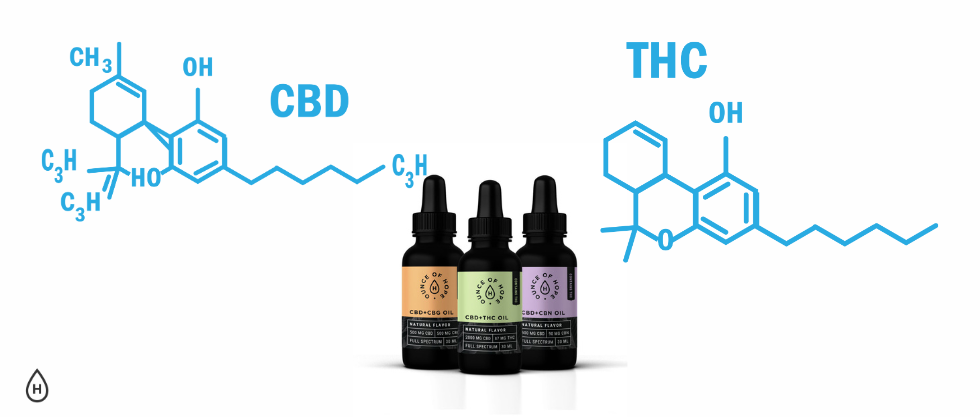Two of the most popular cannabis compounds are CBD vs. THC. And while they’re similar in chemical composition, the two chains could not be more different.
In this guide, we want to take a closer look at the two different hemp compounds. What’s the difference between CBD and THC? How are they similar? Let’s dive in and better understand the two compounds and where they stand with each other.
CBD vs. THC: What is CBD?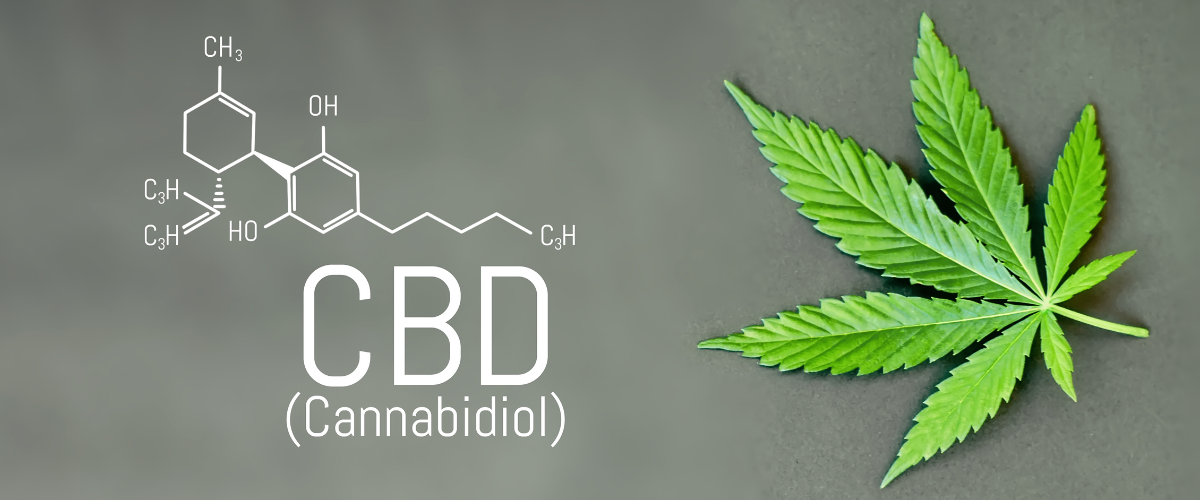
There are over 400 compounds found in cannabis. CBD, in particular, holds unique properties. For starters, it can potentially counter the effects THC produces. And even though their chemical makeup is almost identical, CBD doesn’t produce a high as THC does.
CBD itself has proven to be a treasure trove of medical applications. It houses many properties that can have potential health benefits. These include potential treatments for pain, seizures, appetite issues, and more.
Benefits and Uses
Since we already mentioned the potential benefits, we are going o go ahead and expand on that. Medical research has been ongoing concerning CBD for quite some time. The field has only found more funding since the widespread acceptance of CBD and more avenues for research with it.
Years of data have shown CBD to have possible applications across multiple medicinal possibilities. These new uses could help people access non-opioid options for treating long-term health issues and even mild problems.
Some of these potential applications include treatment for:
- Chronic pain
- Anxiety
- Inflammation
- Insomnia
- Loss of appetite
- Mood issues
- And more
CBD accomplishes these things by interacting directly with the endocannabinoid system’s receptors that run throughout our bodies. This makes CBD a potent choice for those wanting a more natural alternative to modern over-the-counter medications.
Legality and Regulation
Around 47 states currently allow the sale of hemp-based CBD products. The production and sale of CBD-based products are protected by the 2018 Farm Bill and don’t cross any federal laws since CBD is farmed from hemp.
The THC content of CBD products falls below the legal limit of 0.3%, so there is no risk of accidentally getting high off CBD items. The lack of CBD is the defining feature that allows CBD items to be sold.
As with anything, the rules and laws surrounding CBD are subject to change over time, so always check what laws apply to your state before attempting to purchase or use CBD products.
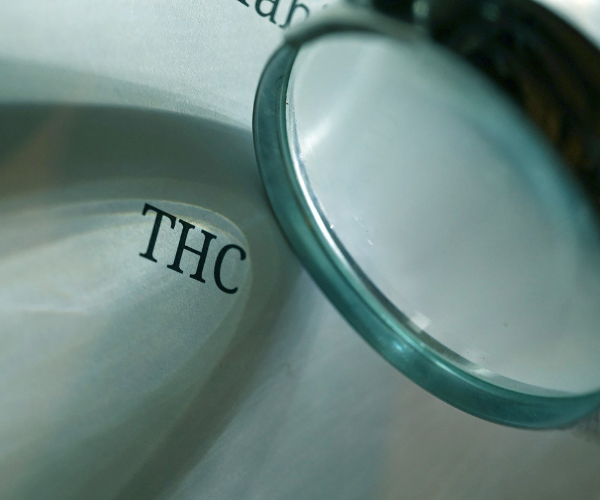 CBD vs. THC: What is THC?
CBD vs. THC: What is THC?
THC ranks as probably the single most well-known cannabinoid compound. THC’s pop culture attention has cemented it as the go-to substance for classic high tropes. Chemically, THC shares all the same components as CBD but in a slightly different order.
While that may not seem like a big deal, that small change causes THC to have a completely different effect on the natural endocannabinoid system within our bodies.
Key Differences Between CBD and THC
There are a lot of similarities between THC and CBD, but a few key differences can help you determine which is which fairly quickly. All products made by reliable sources will have clearly marked content descriptions for their customers.
Learning the differences can help you find what’s best for your personal needs.
Chemical Structure and Psychoactive Properties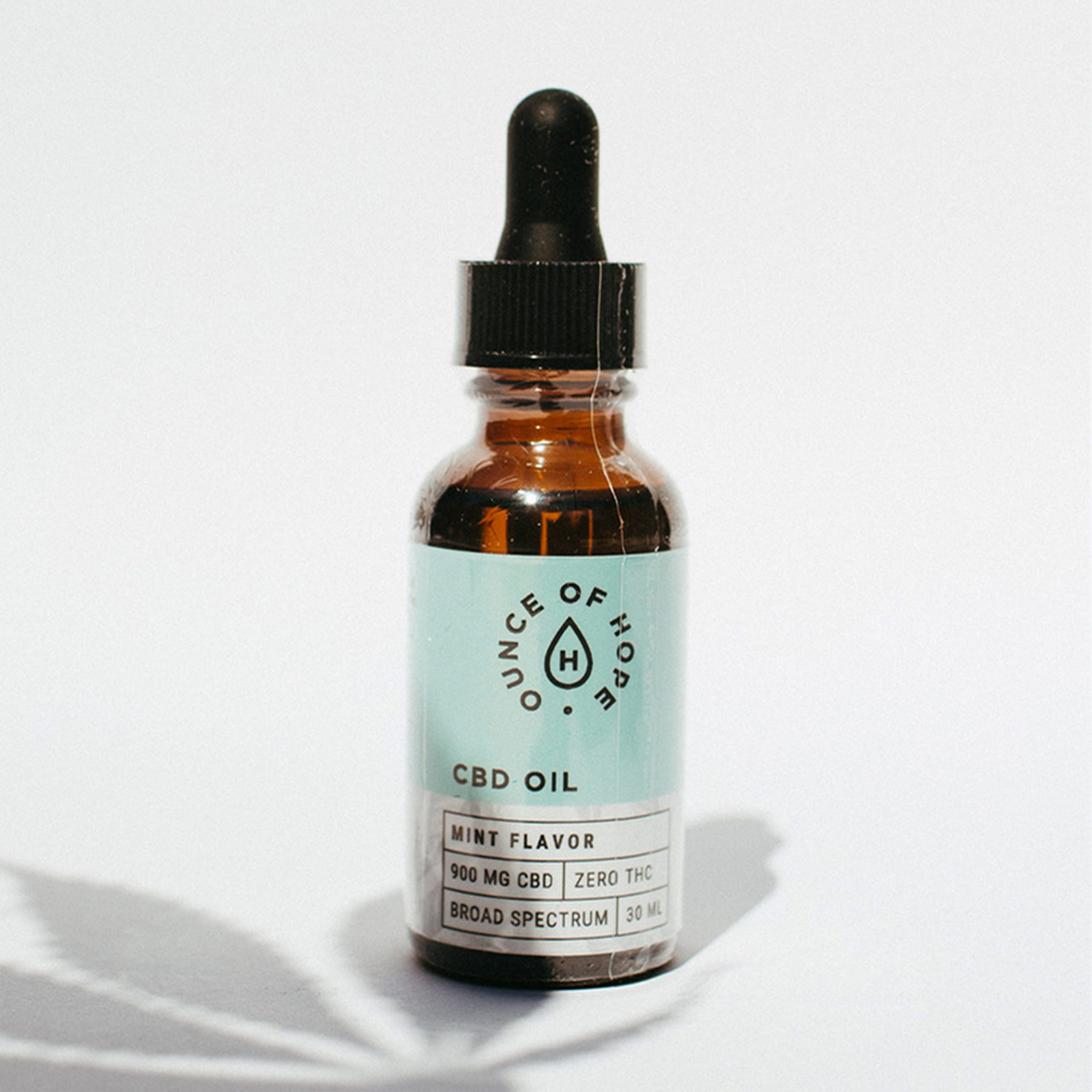
Psychoactive properties won’t usually be written on the packaging, so it’s important to understand the difference before getting into things such as dose strength and strain type.
CBD and THC have the same chemical composition. They consist of 30 hydrogen, 2 oxygen, and 21 carbon atoms. The difference comes in how those atoms are arranged.
Both interact directly with the endocannabinoid system within your body. But the way they are built changes the outcome. The most notable difference is the psychoactive ability found within the THC cannabinoid. Even though CBD and THC share the same amount of atoms, only THC can cause you to get high.
Medical Applications
Since CBD and THC interact with the natural endocannabinoid system, they both afford the possibility of helping people with different medical situations. Each seems to be suited for particular problems, and having a quick reference sheet for those can help you determine what may be best for your next purchase.
Let’s look at some of the most popular reasons people may choose one over the other.
THC
THC has become a mainstay treatment for some people suffering from a handful of life-changing illnesses. While the research on THC and its medical benefits is still growing, anecdotal evidence based on users seems to point to promising results.
Some of these illnesses include:
- Muscle Spasms in Paraplegics
- Nausea from Chemotherapy
- Restlessness and Severe Insomnia
- Chronic Pain
This is not a full and complete list of help users have found with THC, but it does help illustrate some of the benefits we know of so far.
CBD
CBD lacks THC’s psychoactive properties but still seems to find firm footing in helping people with symptoms that other avenues have failed to help. While CBD hasn’t been used for many major medical issues.
CBD has been used to help with:
- Anxiety
- Arthritis Pain
- Addiction
- inflammation
Much like THC and its list of possible benefits, this is not comprehensive. CBD has a lot more funding for its medical research, and its potential benefits are constantly under the lens for more uses.
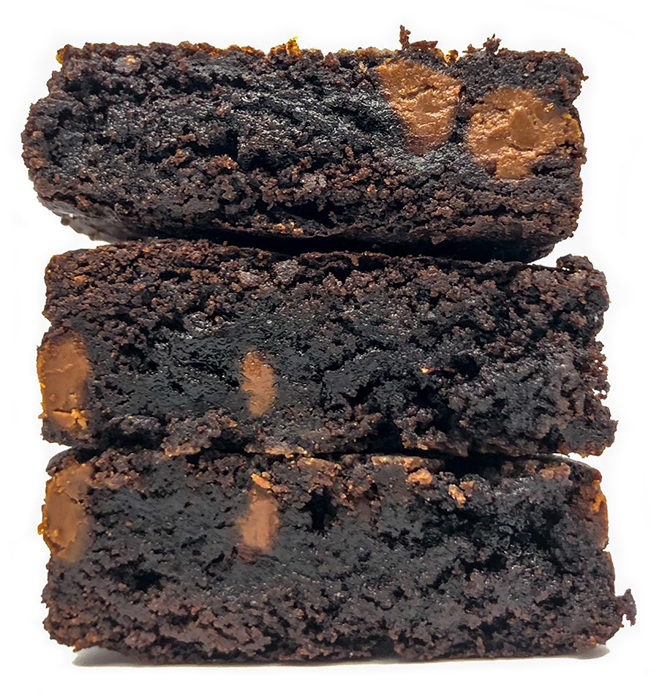 Side Effects
Side Effects
Even though many people have managed to find relief from their symptoms with the help of CBD or THC, that doesn’t mean it is always beneficial across the board. Too much of a good thing applies to cannabinoids as well.
Many factors affect how someone reacts to cannabinoids. These include metabolism, weight, tolerance levels, and even genetics. Outside of just the human body, prescription medication can also affect your reaction to CBD and THC.
Even though the chemical composition of THC and CBD are incredibly close, the side effects can differ greatly between them.
CBD Side Effects
Even though CBD is generally well tolerated, there is always a risk of side effects with any supplement or medication. Known side effects of CBD include:
- Dry Mouth
- Reduced Appetite
- Diarrhea
- Fatigue
- Drowsiness
Everyone responds differently to CBD, however, so the list of possible side effects will probably never be fully cataloged. This just helps give a general idea of what someone can expect when using CBD if a negative side effect manifests.
THC Side Effects
The side effects of THC are well documented, especially for people who do not tolerate the cannabinoid well. Again, not everyone metabolizes cannabinoids the same way so experiences may always differ. Some that are documented include:
- Headaches
- Dry mouth
- Dizziness
- Anxiety
- Lethargy
- Increased Heart Rate
While the side effects of THC can be scary, they will pass in a few hours. The experience can be wholly unpleasant for those unprepared for it, that is why understanding dose strength is of vital importance.
CBD vs. THC: Which is Right for You?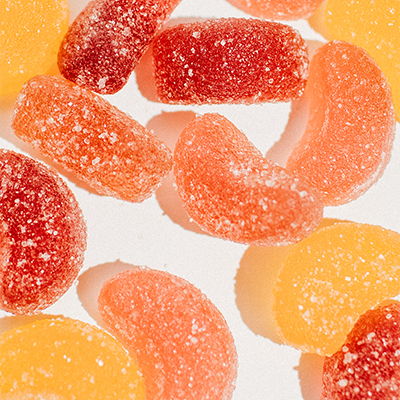
The markets are overflowing with products containing THC, CBD, and other cannabinoids, all tailored to meet different needs. Some people may seek a mellow body high, while others seek pain relief or help with sleep.
Knowing what you know about the differences between THC and CBD, it’s time to figure out what is best for your needs.
Why Choose?
CBD and THC are both cannabinoids, but that doesn’t mean they interact with the body in the same way. In many ways, they can end up having completely opposite effects from each other.
Factors to Consider
Since both cannabinoids are used in some overlapping issue management, it might get confusing on which one is better for you personally. There are a few things to keep in mind when it comes to picking CBD or THC for yourself.
One thing to think about is the high that comes with THC. If you are looking for something that will help with mild pain management, knowing if you will be experiencing psychoactive effects is important.
On top of that, not everyone tolerates THC the same and may find that issues such as anxiety may become worse. This is why having the option of CBD is important and also why knowing the difference is important.
Personal Preferences
Since we’re covering what to consider, it’s important to understand this point. What are you looking for?
Before buying any cannabis product, ask yourself, “What do I hope to achieve with this purchase?”
Each and every cannabis product houses one of the 400 cannabinoid compounds as a main active ingredient. This can be anything from THC and CBD to CBN or THC-O acetate. Effect-wise, knowing what you are looking for will help you narrow down your choices and find something best suited to your needs.
Knowing your goal will help with shopping in person at dispensaries as well. Most staff will be knowledgeable about what each strain contains and which products will fit your description. This could be one of the fastest ways to start enjoying your cannabis quickly while knowing what to expect.
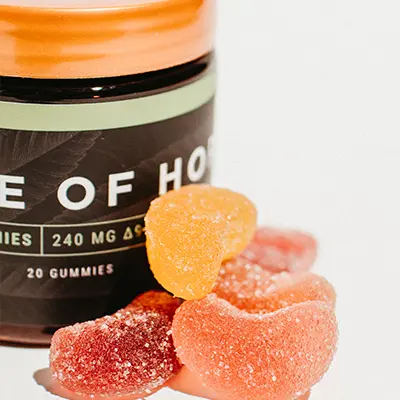 Recommendations
Recommendations
Whether you’re looking at CBD for a better health routine or delta-9 THC for other benefits, we recommend Ounce of Hope’s products. Each product is crafted with the utmost in care, with sustainability in mind. All full-spectrum products are tracked from seed to sale with Ounce of Hope.
Our CBD products center around wellness and supporting health. Choose between a variety of choices. These include CBD softgels that help with sleep, CBD honey for a nice pick-me-up, and so much more!
And on our legal delta-9 THC side, we’ve got many various tasty treats. There’s no telling what’ll be your next favorite when you stick with Ounce of Hope. We’re dedicated to ensuring you have a fantastic experience with hemp.
Final Thoughts on CBD vs. THC
In conclusion, CBD and THC are two of the most well-known cannabinoids found in the cannabis plant. While they have some similarities, they have significant differences in their effects on the body and mind.
THC is known for its psychoactive properties and is primarily responsible for the “high” associated with marijuana use. On the other hand, CBD is non-psychoactive and has been found to have potential therapeutic benefits for various conditions.
Both compounds have unique benefits. However, it’s essential to understand the differences between the two. That way, you can choose the one that best suits your needs.
Ultimately, the decision to use either CBD or THC comes down to several factors. Personal circumstances, medical conditions, and plain old preferences all play roles in the choice you make. Overall, we hope this guide helps make your decision even easier.
